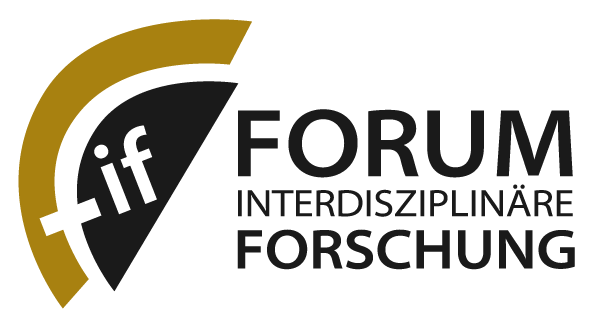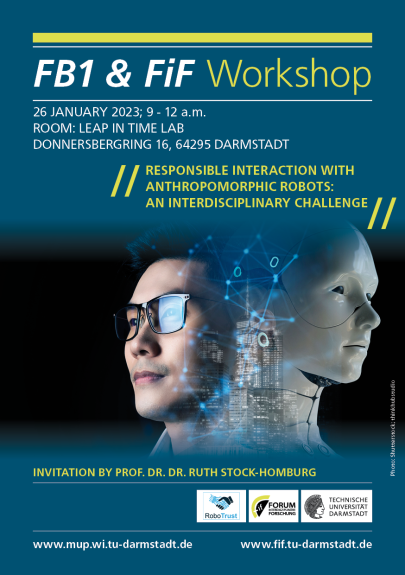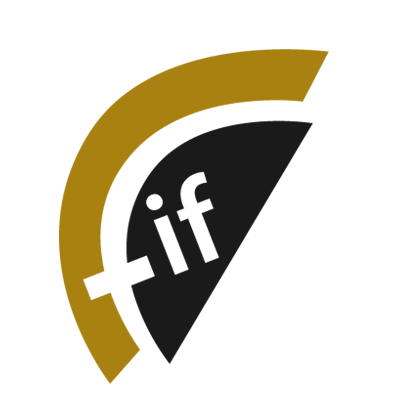FiF & FB 1 Workshop 2023 RoboTrust
Workshop on the topic of “Responsible Interaction With Anthropomorphic Robots: An Interdisciplinary Challenge”
Topic: The FiF workshop discussed issues related to robot psychology, robotic transparency, robotic learning, liability, privacy, and emotion and context recognition.
When: 26.01.23; 9–12 a.m.
Where: leap in time Lab, Donnersbergring 16, 64295 Darmstadt
Speakers: Prof. Stock-Homburg, Thomas Walther, Vignesh Prasad, Prof. von Stryk, Prof. Wendt, Prof. Chalvatzaki
Target Group: Professors and assistant professors
The Invitation
Due to the rapid developments in the field of technology and artificial intelligence, social robots are increasingly used in various areas of life. Not only can robots provide support in the field of medicine, nursing or services, but they are becoming more and more part of our social life and supporting humans in many diverse areas.
This increased use of robotic technologies is causing controversy and lively debates on the responsible use of robots. For science, it is important to shed light on reactions from users, because acceptance and trust in technology is a necessity for the valuable use of robots. Therefore, scientists from a wide range of disciplines are addressing questions such as: How can anthropomorphic robots be placed in a responsible manner? How do a robot's characteristics (e.g., human-likeness, behaviors) impact trust and robot acceptance in a user-robot-relationship? How does the interaction with robots change human-robot interactions over time?
The FiF workshop discussed issues related to robot psychology, robotic transparency, robotic learning, liability, privacy, and emotion and context recognition. The workshop thus focused on the conditions for success of new robotic technologies and how possible obstacles can be overcome.
Goal and address group
In the workshop, up to twenty scientists (professors and postdocs) from TU Darmstadt exchanged their thoughts from different perspectives, engaged in conversation and developed trans- and interdisciplinary approaches for future research.



